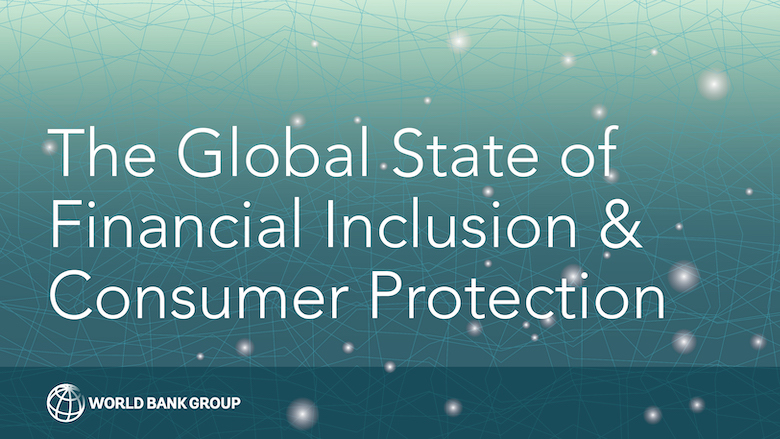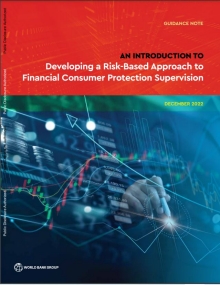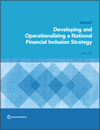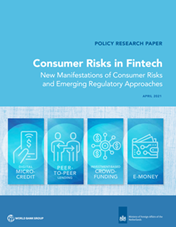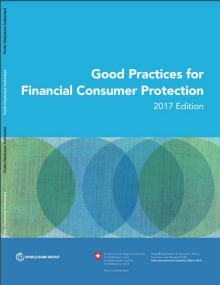Financial Inclusion and Consumer Protection
Financial inclusion enables individuals and firms to participate in and benefit from the formal financial system. A responsible approach towards financial inclusion emphasizes robust consumer protection frameworks and effective financial capability interventions to address the opportunities and risks of digital finance and fintech.
Experts
Jennifer Chien
Senior Financial Sector Specialist
Gian Boeddu
Senior Financial Sector Specialist
Ivor Istuk
Senior Financial Sector Specialist
Sheirin Iravantchi
Senior Financial Sector Specialist
Sergio Jose de Mesquita Gomes
Senior Financial Sector Specialist
Verónica Trujillo
Financial Sector Specialist
